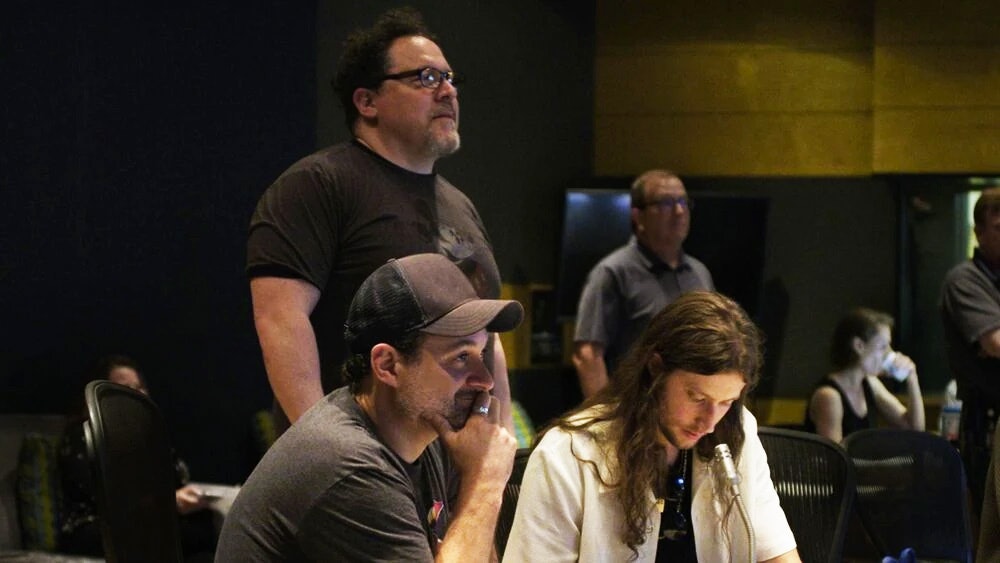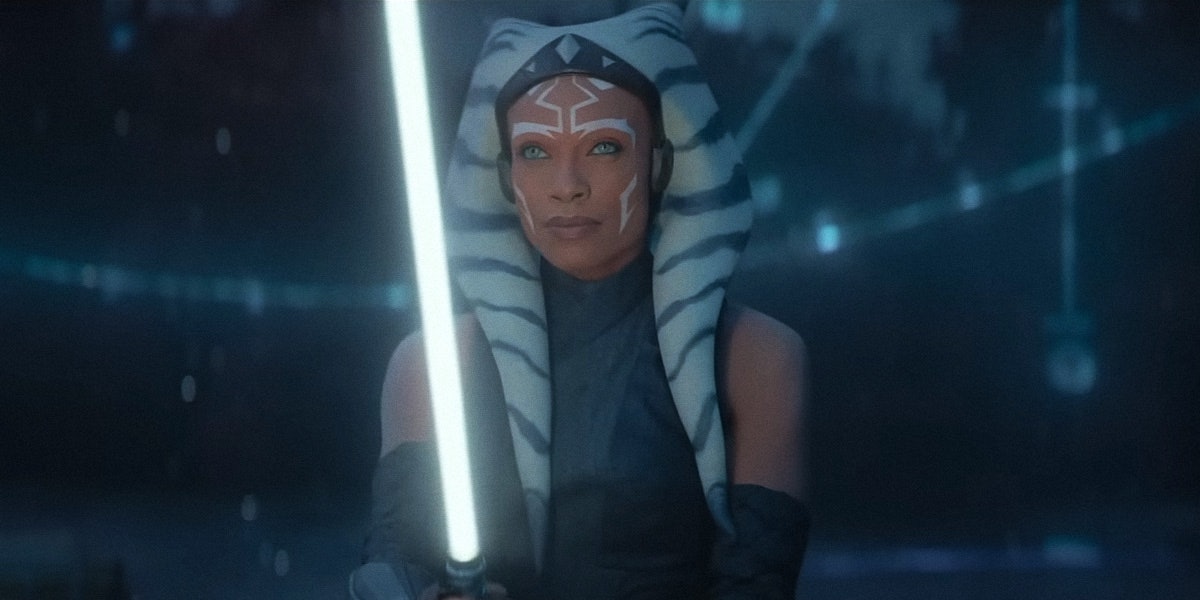
Auteur theory — the idea that gives one filmmaker sole credit for a project — can be a dangerous thing, but it’s difficult to unsee once you recognize its defining traits. Even Star Wars has its own unique take on the phenomenon. Whether filmmakers like George Lucas, Jon Favreau, or J.J. Abrams can be considered auteurs is a matter of perspective, but they’ve each become the face of major Star Wars eras all the same. For all the good they’ve helped to usher in though, they alone have to answer for the bad.
Lucas’ prequels benefitted from a coherent vision but were still crippled by poor writing. Abrams’ contribution to the sequels essentially blitzed any chance for an original story. And while Favreau had a big hand in expanding the Star Wars galaxy on the small screen, The Mandalorian suffers from a similar curse of creative tunnel vision.

As with most Star Wars projects, Favreau is pretty much shaping the story of The Mandalorian all by himself. He has help from Lucasfilm darling Dave Filoni, of course, and longtime lore consultant Pablo Hidalgo — but when it comes to scripted development, The Mandalorian is more or less a one-man show. Favreau has written the majority of the series alone; for Season 3, he’s credited as the sole writer on five out of eight episodes.
Given Favreau’s role as showrunner, that’s not totally out of the ordinary — but this is still television, where multiple writers are meant to share the burden of one sprawling story. With just a handful of writers carrying that burden alone, the larger narrative is guaranteed to suffer. The Mandalorian has proven this time and again — not just with its too-safe storytelling, but in its failure to deliver satisfying arcs for some of its most interesting characters.

This trend is one that could continue with other shows in the Mando-verse. Dave Filoni will be taking the reins of his first live-action series with Ahsoka, and while multiple directors will help to bring his vision to life, he recently confirmed that he wrote every episode of the series alone. Filoni has served as a writer on multiple Star Wars projects — and delivered some of the best episodes of shows like Star Wars: The Clone Wars and Rebels — but he was never the only writer. One of the best things about television comes in its ability to pull from different perspectives. Is it really a good idea to place an entire narrative in one man’s hands?
Don’t get me wrong: Filoni has demonstrated an incredible grasp on story and character, so Ahsoka likely won’t be bad by any means. That said, relying on one voice to weave so many threads together could keep the series from reaching its full potential. Hopefully, Ahsoka eventually put together its own makeshift writers’ room to catch any loose threads that Filoni missed, but if not, then Lucasfilm definitely needs to rethink its stance on auteur-driven storytelling.







